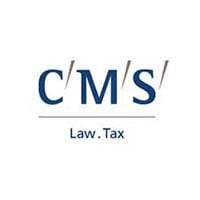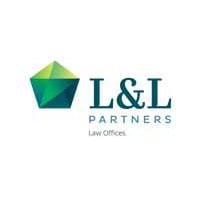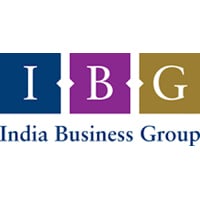
India Teams 2019

| Times Internet








Times Internet
The legal team consists of the head legal, general manager, chief managers and managers. Legal work across various businesses of the company are allocated amongst smaller teams consisting of a general manager or chief manager and managers basis individual specialisations, quantum of work and location of the businesses or team. Each manager reports to a general manager or chief manager, and each chief manager and the general manager report to the head legal. Each general manager and chief manager, along with the legal manager, work closely with allocated businesses and cater to their end to end legal requirements, including drafting of contracts, dealing with legal issues with external business partners, legal structuring of business transactions in compliance with applicable laws. Deepak Sachdev, general manager – legal, has been working with the company for over eight years. Along with his team, he manages the intellectual property portfolio, as well as the contentious legal notices and litigation matters of the company. Sachdev also oversees the contracts and legal requirements of certain allocated businesses. Aakriti Agarwal, chief manager – legal, brings to the team her immense knowledge and expertise on media and e-commerce laws. Agarwal, along with her team, oversees legal requirements of various businesses such as the news businesses, digital marketing platform, as well as employment laws related issues of the company. Gagan Ahuja, chief manager – legal, overseas the corporate work and M&A transactions of the company, and adds value to the businesses with his strong commercial acumen and corporate laws expertise.
The legal team has played a key role in recently closing an investment for a certain stake by a leading Chinese technology conglomerate, Tencent Group into Gaana.com. The transaction involved rounds of negotiations between the parties before execution of the investment documentation and transfer of funds. While, we also had an external counsel advising us on the transaction, it warranted a key role for the in-house team to effectively achieve the closure as we did it. The legal team was also involved in the investment by Times Internet to acquire a majority stake in MX Player, a leading internet video streaming platform. Various members of the team play their part on such transactions and hence we balance the nurturing and knowledge curve of the team as well as doing justice to the transactions. Times Internet also engages in various cross border business ventures. We play a key role in closing these transactions, including legal structuring of the transactions (involving complex foreign exchange management issues and compliances) and drafting and negotiations of the definitive agreements with the counterparties.
What recent political, economic or regulatory changes in India have impacted Times Internet and the team the most?
The European Union’s General Data Protection Regulation (GDPR) lays down a stringent data protection regime which has extra territorial applicability. The said regulation imposes several new and stringent obligations on the data controllers and data processors processing personal data of the end users. It requires multiple technical and process level changes to be implemented right from the first step of customer on-boarding. Further, the Personal Data Protection Bill, 2018 is based on similar data protection principles and standards as the GDPR. When implemented, the proposed law will change the way digital businesses are operated in India. These legislations will require significant technical, organisational, internal policy and process level changes. Hence, privacy by design will soon be the need of the hour. The draft Information Technology (Intermediaries Guidelines (Amendment) Rules) 2018 also castes enhanced obligations and liabilities on the intermediaries, in terms of duties of due diligence, stringent timelines on providing information to the users, enabling tracing of “originators” of information on its platform, and so forth. Further, the proposed Copyright (Amendment) Rules 2019 is likely to have a positive impact on our digital content businesses with statutory licensing under Section 31D of the Copyright Act, 1957 to cover internet broadcasting as well the inclusion of new provisions for increasing transparency and functioning of the copyright societies in India. The proposed rules, if passed, are likely to affect online content streaming services which may get greater access to the content at better terms and conditions.
The legal function’s primary focus should be to be a key business function of the company and not merely a support function. The core requirement of a lawyer to be a successful in-house legal resource is to be a pure play commercial lawyer, constantly wearing a business hat i.e. providing business oriented solutions rather than mere legal advisory, yet ensuring that the business is on the right side of the law. The focus of the work and legal advice that we provide should not just be limited to what the law states but to ensure that the business risks are balanced in light of the legal requirements. Legal functions should also focus on internally handling most if not all the legal requirements of the company that arise on a day-to-day basis and to maintain legal cost/budget. An in-house team must not be an interface but an independent team functioning and implementing with the same standards that one has come to expect of a law firm. Even when the work is done in consultation with external counsel, the expectation is to be very clear in terms of what is always required from the external law firm and be on top of the deliverables that is expected from them. We do not subscribe to taking a backseat when we work with external counsels. Another important aspect, of an efficient team and one which we strive towards, is to set processes in place to handle work with effective delegation but at the same time also ensure that consistency in views and quality is adhered to across the levels of the team. Particularly in an organisation operating multiple businesses with numerous contracts and transactions being executed on a daily basis, there cannot be a one-size-fits-all approach and this is something that over the last couple of years, we as a team have achieved.